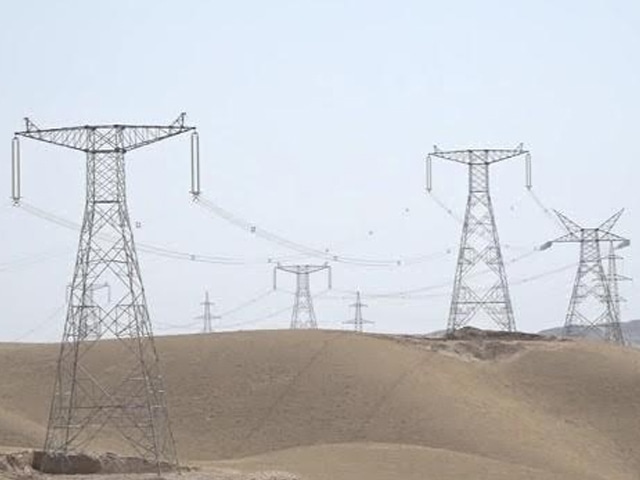Chief Justice of Pakistan Yahya Afridi has raised serious concerns about the inadequate infrastructure in underdeveloped districts and has emphasised the need for targeted interventions to address disparities in the justice delivery system. His remarks came during a high-level meeting with a delegation of lawyers from Khyber Pakhtunkhwa at the Supreme Court Branch Registry in Peshawar.
During the meeting, Chief Justice Afridi stressed the urgent need to strengthen institutional coordination and ensure equitable access to justice across all regions of the country. The session was part of broader efforts to improve engagement between bar associations and judicial institutions and to advance ongoing legal reforms.
One of the key announcements made by the chief justice was the launch of a state-sponsored legal aid initiative. This programme aims to provide free legal representation to financially distressed litigants across all judicial levels—from magistrate courts to the Supreme Court of Pakistan.
“No litigant should be left unrepresented,” said the chief justice. “We are committed to providing access to justice regardless of financial status.”
To facilitate this programme, CJP Afridi urged bar associations to nominate competent lawyers who can be entrusted with this responsibility. The nominated lawyers will work in coordination with relevant judges to ensure that those in need of legal support are promptly assisted.
The chief justice presided over a comprehensive meeting to review institutional linkages between Bar Associations and the Law and Justice Commission of Pakistan (LJCP). He called upon bar representatives to stay actively engaged and mobilise their members in support of these judicial reforms.
CJP Afridi revealed that the LJCP will post senior-level liaison officers in all provinces. These officers will be stationed at high courts and serve as direct links with district bar associations. Their responsibilities include:
- Promoting awareness of ongoing reforms
- Gathering feedback on local legal challenges
- Overseeing the implementation of grassroots-level justice initiatives
These officers will also assist in coordinating development plans with the District Development Committees, which now include representation from both federal and provincial departments to improve project execution and avoid duplication of resources.
Highlighting his observations from recent visits to remote districts across Pakistan, Chief Justice Afridi pointed out that justice sector infrastructure remains inadequate.
He cited challenges such as:
- Poor road and building conditions
- Unreliable electricity
- Limited digital connectivity
These conditions, he said, obstruct the functioning of judicial complexes and delay justice delivery. Despite the availability of development funds, poor coordination among institutions has prevented effective implementation.
To address this, he directed that all government support to Bar Associations be structured and streamlined. He also called on provincial line departments to maintain constant communication with designated officers to ensure timely project execution.
CJP Afridi reiterated the importance of Continuing Legal Education (CLE) and urged all bar associations to take advantage of training programmes available at the Federal Judicial Academy (FJA).
He instructed that:
- CLE training calendars be widely distributed
- Focal persons be appointed in each bar to coordinate with the academy
These measures are expected to strengthen the professional capacity of lawyers across the country, especially in under-resourced regions.
The high-level meeting in Peshawar was attended by several key figures from the legal and government sectors, including:
- Chief Justice of Peshawar High Court, SM Attique Shah
- Vice Chairman, Pakistan Bar Council, Tahir Warraich
- Vice Chairman, KP Bar Council, Ahmed Farooq Khattak
- Vice President, Supreme Court Bar Association, Fida Bahadur
- Chairman Executive Committee, KP Bar Council, Akbar Khan Kohistani
- Registrars of the Supreme Court and Peshawar High Court
- Secretary, Law and Justice Commission of Pakistan
- Secretaries from KP’s departments of Finance, Law, Parliamentary Affairs, and Planning and Development
- Director General, KP Judicial Academy
- Director of Planning, Peshawar High Court
- Representative of the Ministry of Law and Justice, Federal Government
Their presence reflects the multi-institutional approach being adopted to address the structural and systemic gaps in Pakistan’s justice delivery system.




